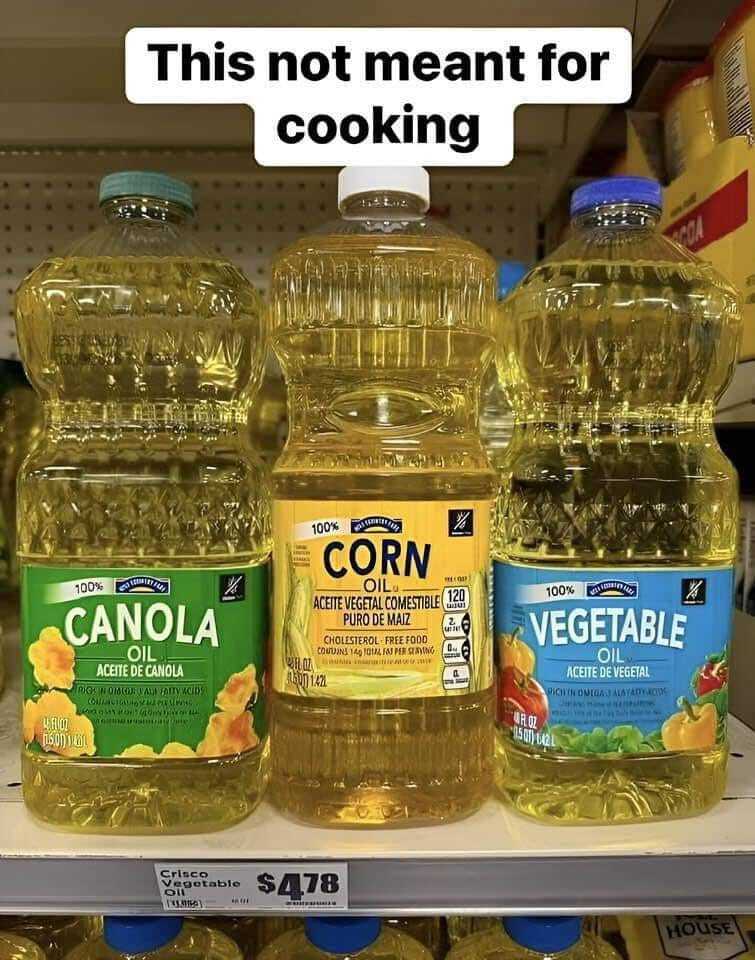ADVERTISEMENT
During the refining process, small amounts of trans fats are often formed in these oils. Trans fats are known to increase bad cholesterol (LDL) and decrease good cholesterol (HDL), which can raise the risk of heart disease, stroke, and type 2 diabetes. Even in small amounts, trans fats can be harmful over time.
5. Better Alternatives for Cooking
If you’re looking for healthier options, consider oils that are less processed and more stable at high temperatures. Here are some alternatives:
- Extra Virgin Olive Oil: Rich in antioxidants and healthy monounsaturated fats, olive oil is a great option for low to medium-heat cooking.
- Coconut Oil: This oil has a high smoke point and is stable at higher temperatures due to its saturated fat content.
- Avocado Oil: Known for its high smoke point, avocado oil is ideal for high-heat cooking and frying.
- Ghee or Clarified Butter: Ghee has a high smoke point and adds a rich flavor, making it suitable for high-temperature cooking.
Conclusion
While canola, corn, and vegetable oils are affordable and easily accessible, they come with potential health concerns, especially when used frequently in cooking. For a healthier approach, consider switching to oils with better stability and nutritional profiles. Making this simple switch can help reduce inflammation, minimize exposure to harmful compounds, and support overall health.
ADVERTISEMENT




